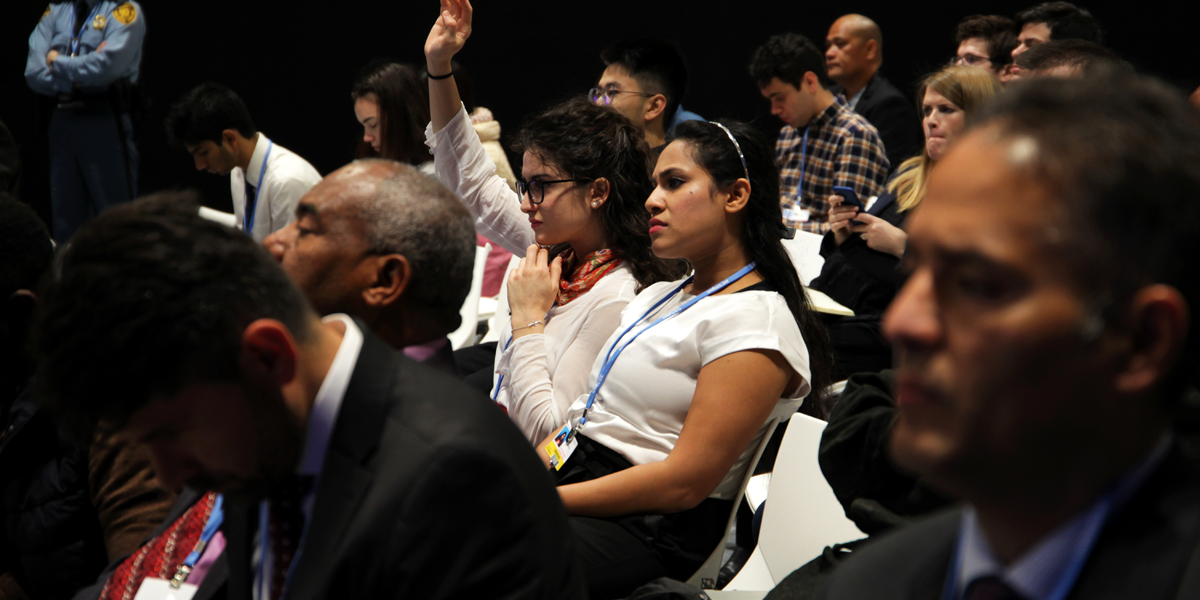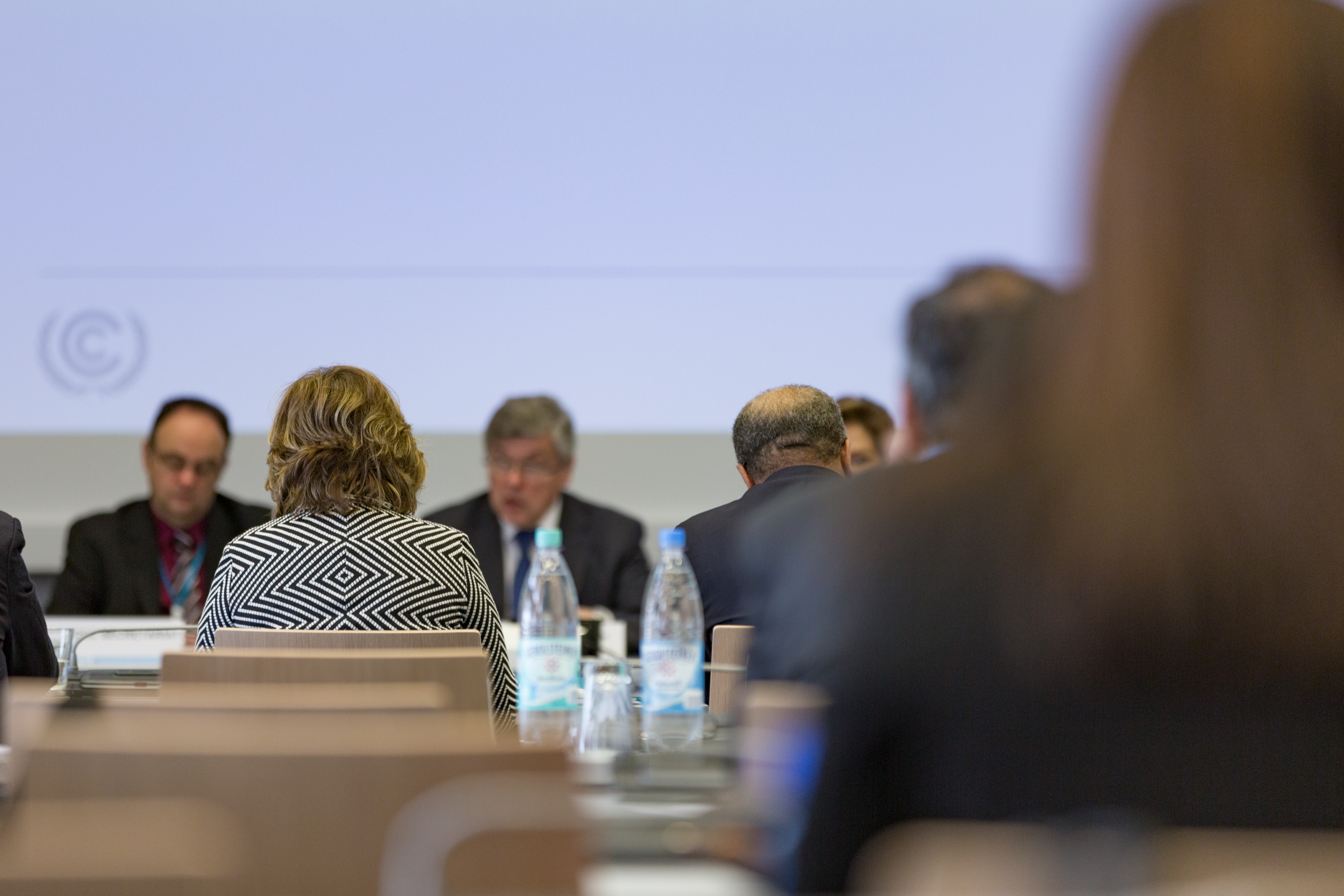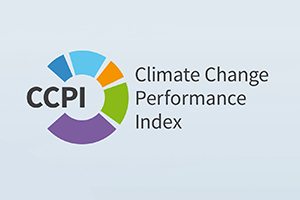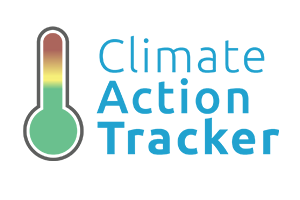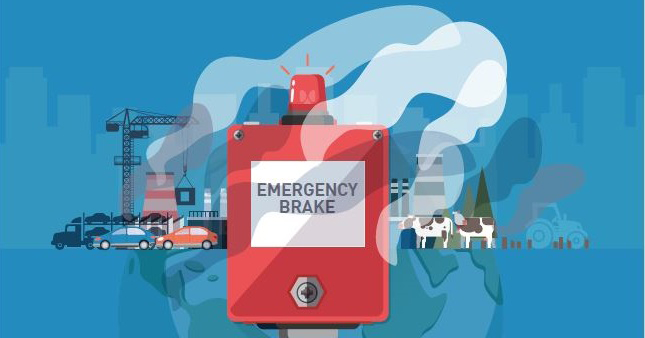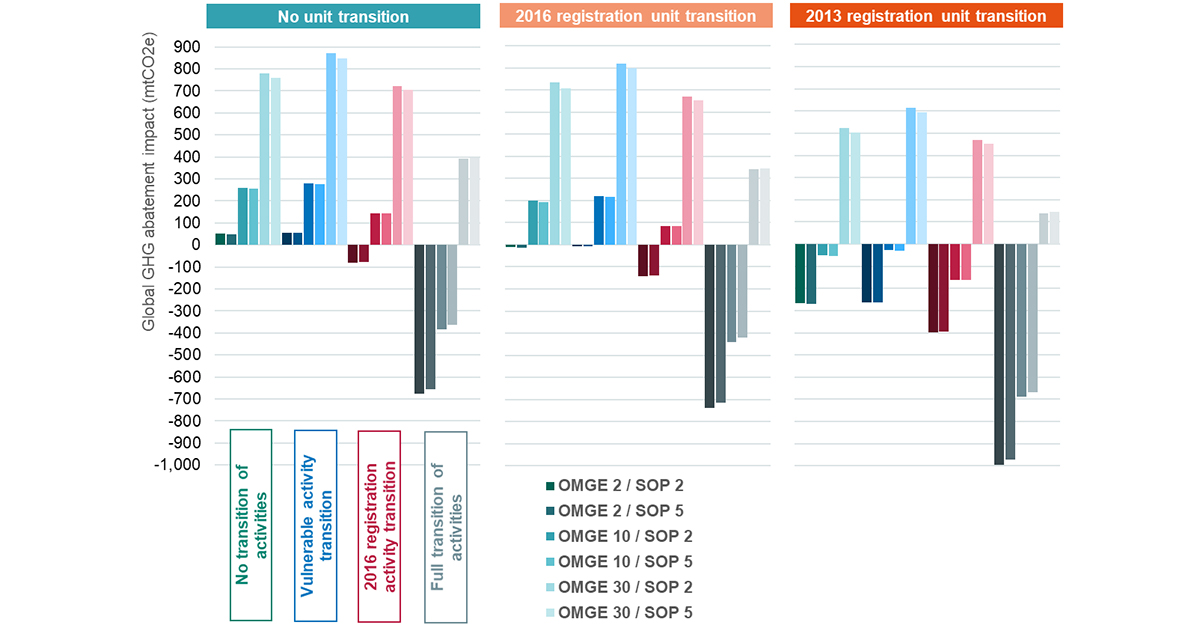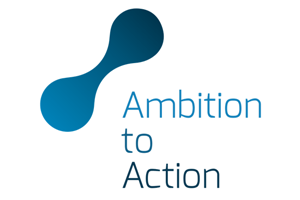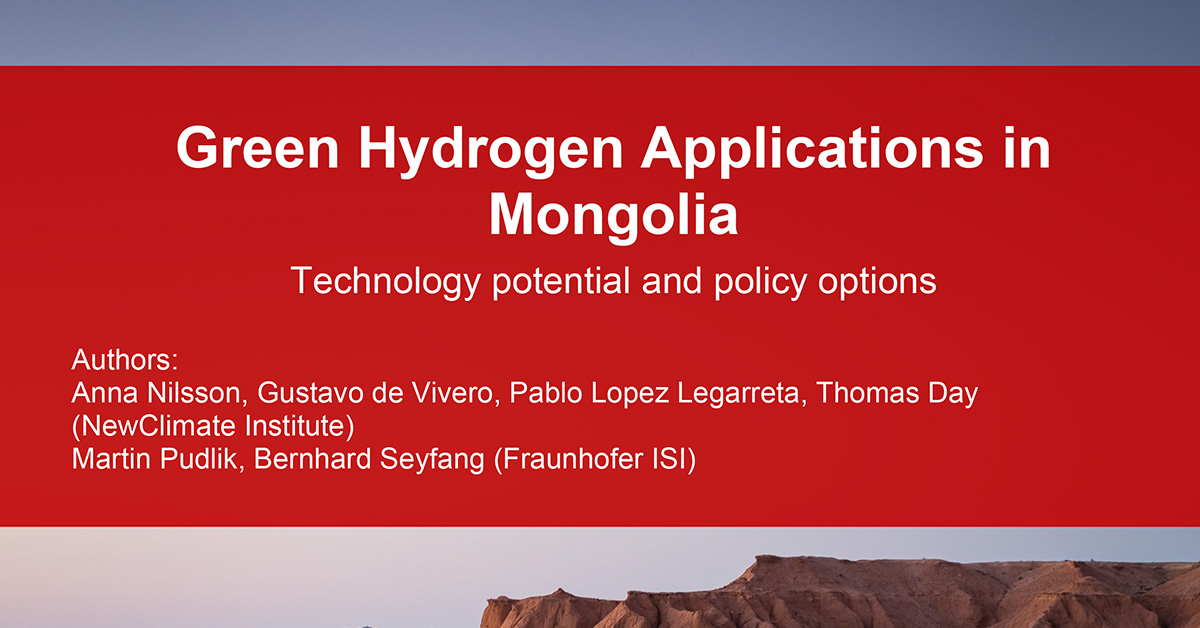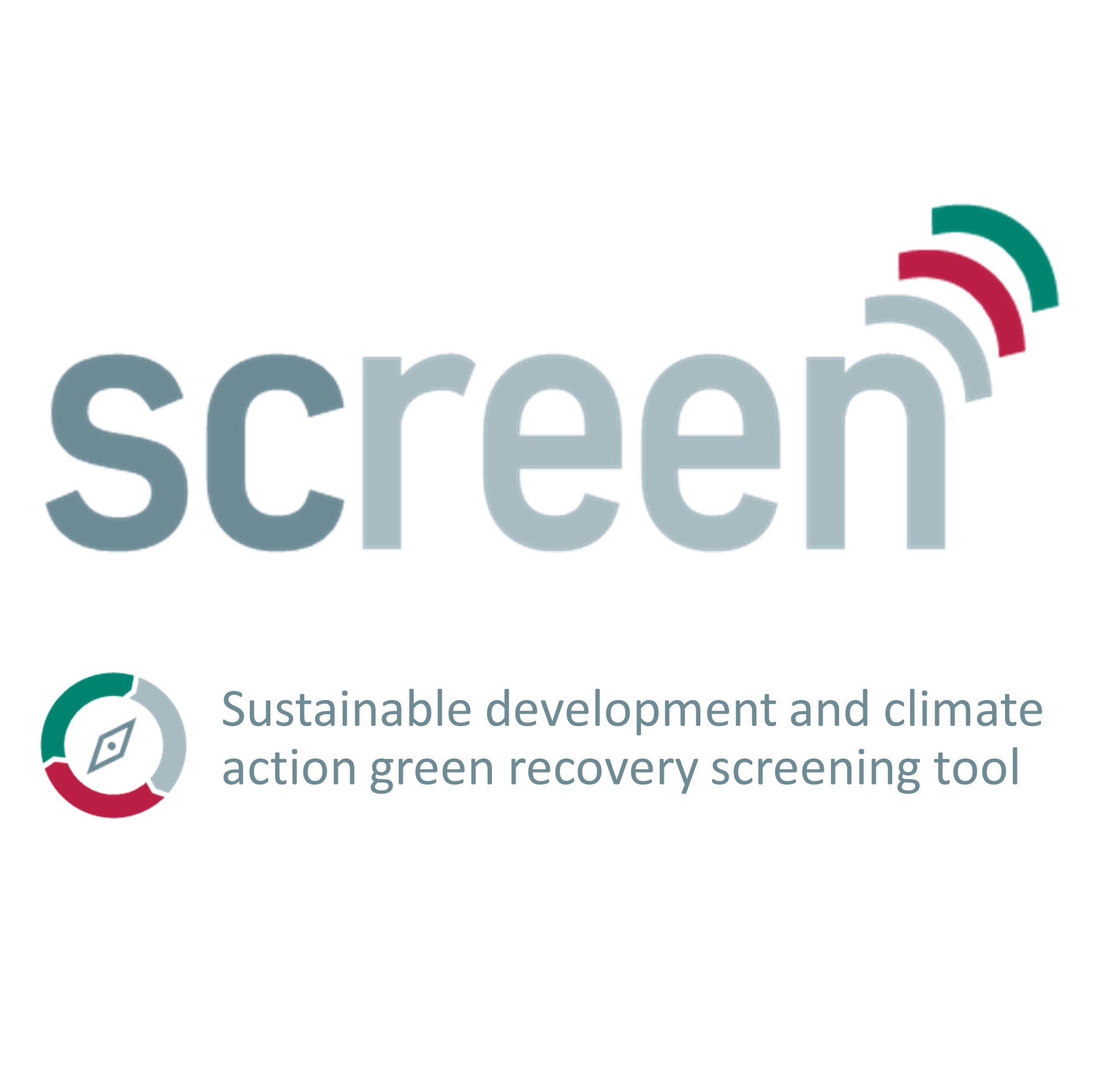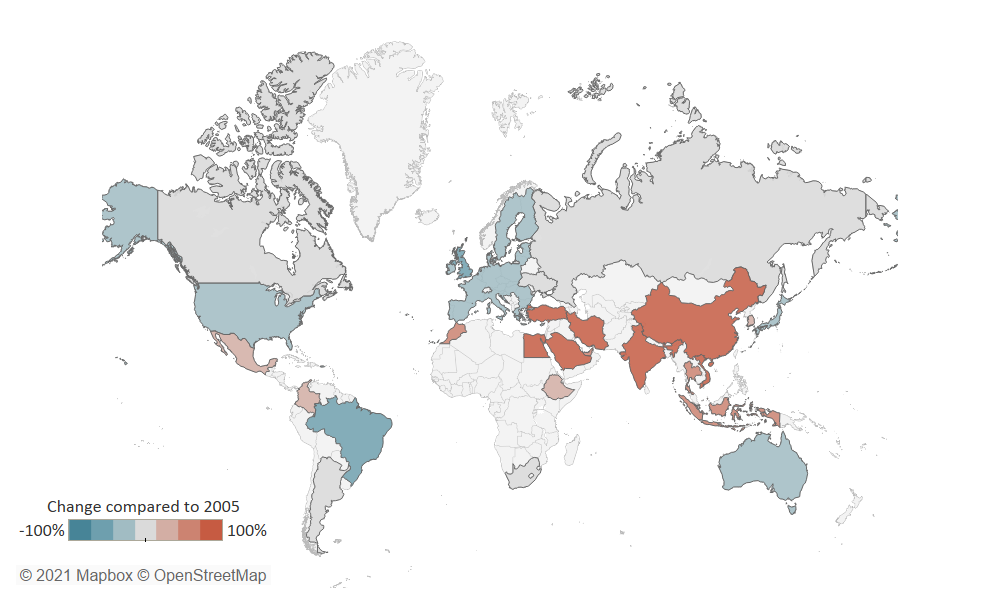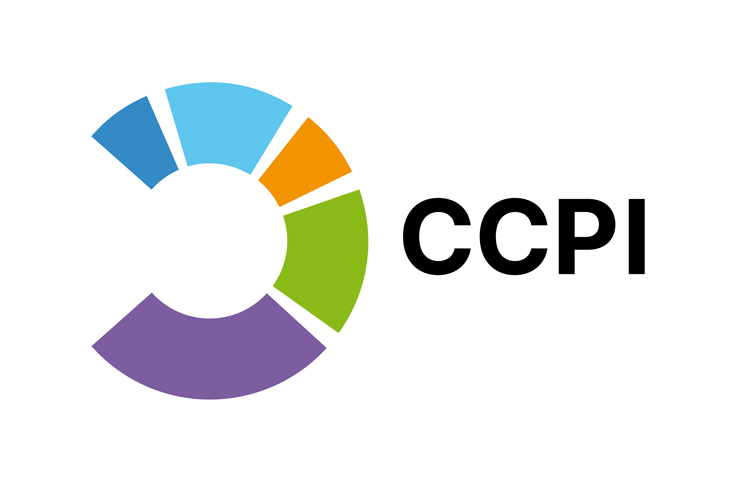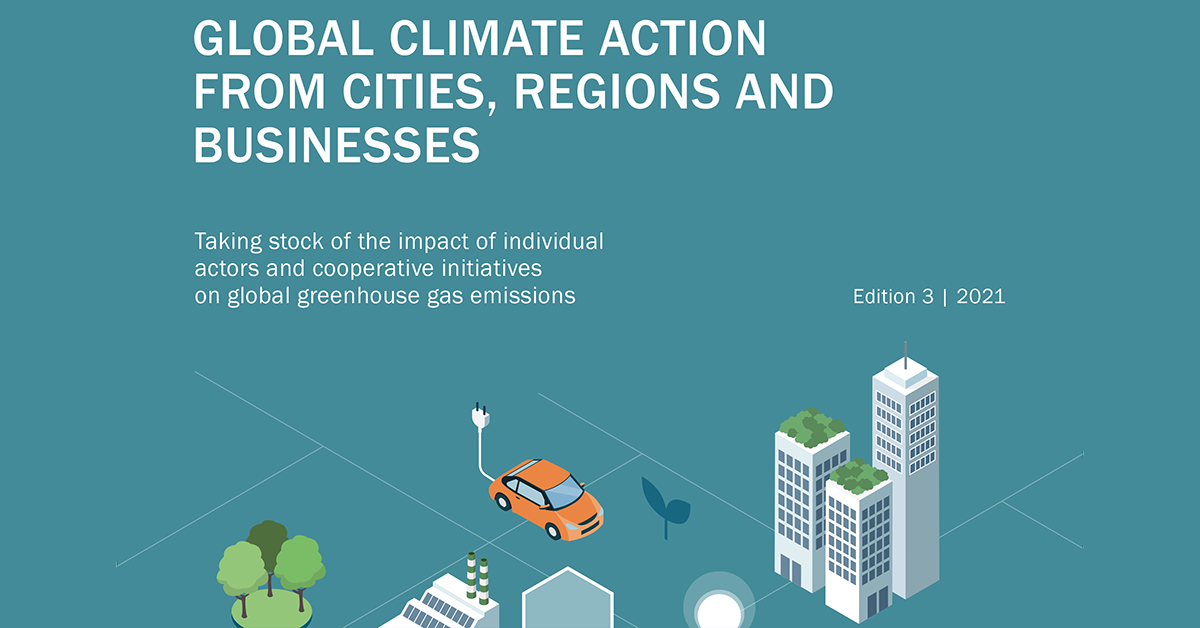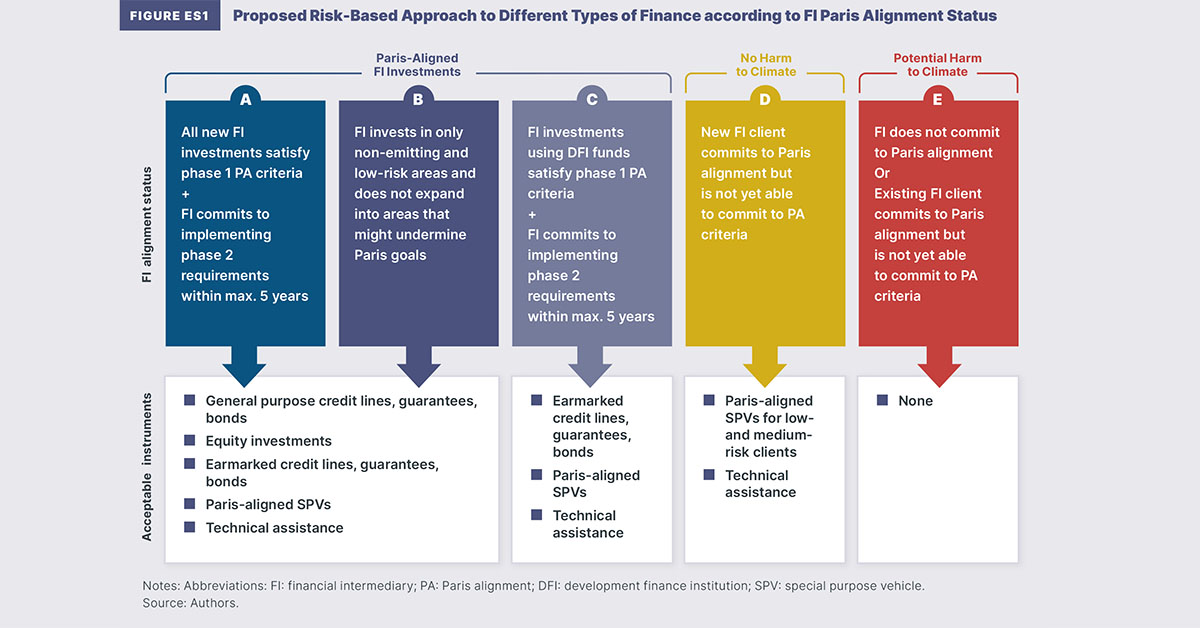
The 26th Conference of Parties of the UNFCCC took place from 31 October - 12 November 2021. NewClimate Institute was present in Glasgow hosting and participating in multiple events. Additionally, we released several related publications before and during COP26. You can find all information on this page.
Note: We included timings of events in Glasgow (GMT) and Central European Time (CET).
Events & Appearances
Events with NewClimate Institute participation:
Side event: Updates on the Emissions Gap and country action from major progress trackers (NewClimate-Event) Join us for presentations of the key findings of the Emissions Gap Report and insights on country progress and action based on analysis by PBL and the Climate Action Tracker. Interactive discussions will cover whether G20 countries are on track to the Paris Agreement goals; opportunities to enhance ambition and action; alignment with net-zero; comparisons of ambition levels and issues of fairness Organiser: NewClimate, UNEP DTU Partnership, PBL Netherlands Environmental Assessment Agency, Climate Analytics, Imperial College London Speakers: various, incl. Louise Jeffery (NewClimate)
Monday 1 November 19h00 - 20h00 (GMT) 20h00 - 21h00 (CET) EU Pavilion
Glasgow / Online
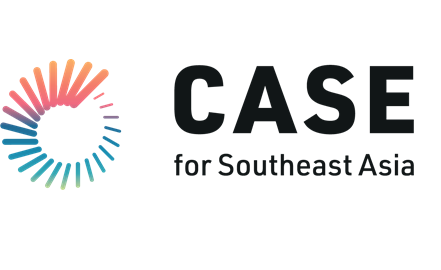
Side event: Making a fair CASE: Southeast Asia perspectives on energy sector decarbonisation and just transition to Net Zero (NewClimate-Event) While being one of the fastest developing regions in the world with energy demand projected to grow by 60% over the next 20 years, fossil fuels remain Southeast Asia’s dominant source of energy. Against the background of a global push towards net-zero, local thought leaders will take stock and discuss the progress made to date in Southeast Asian largest countries, and – joined by international experts – discuss potential triggers to accelerate a just energy transition. Organiser: CASE Southeast Asia Speakers: various, incl. Frauke Röser (NewClimate)
Thursday 4 November 11h30 - 13h00 (GMT) 12h30 - 14h00 (CET) German Pavilion
Side event: Important considerations and capacity building needs to implement the Article 6.4 mechanism (NewClimate-Event) This side event will explore key considerations facing decision makers in Glasgow to get the rules and procedures in place for international carbon markets under Article 6. NewClimate will present analysis on three key unresolved issues that have potential to impact the global net emission reductions achieved through Article 6, namely achieving an Overall Mitigation in Global Emissions, the Share of Proceeds to support adaptation measures and the transition of CDM units and activities. Organiser: OECD, IEA, Climate Analytics, NewClimate, Öko-Institut, UNEP DTU Partnership, GGGI Moderator: Susanne Pedersen (UNEP DTU Partnership) Speakers: Harry Fearnehough (NewClimate), Luca Lo Re (IEA), Jane Ellis (OECD), Karen Olsen (UNEP DTU Partnership), Sonam Phuntsho Wangdi (Royal Government of Bhutan, LDC Group Chair), Alex Saer (Ministry of Environment for Colombia) (tbc)
Thursday 4 November 16h00 - 17h00 (GMT) 17h00 - 18h00 (CET) EU Pavilion
Glasgow / Online
Side event: Aligning finance with the Paris Agreement and unlocking $100 billion (NewClimate-Event) Leading European researchers will present their latest insights into aligning international financial flows with the goals of the Paris Agreement. Exploring the challenges and opportunities of aligning development finance with climate action, the critical role of export credit agencies, the extent to which previous climate targets have been met, the potential characteristics of the post-2025 target, and the role of national policy making in unlocking international climate finance. Organiser: The German Institute for Economic Research, Perspectives Climate Group, Finnish Institute of International Affairs (FIIA), Germanwatch, NewClimate, World Resources Institute
Thursday 4 November 16h00 - 17h00 (GMT) 17h00 - 18h00 (CET) EU Pavilion
Online
Side event: Climate responsibility, climate action and carbon credits (NewClimate-Event) This side event explores whether and how carbon crediting can play a role in achieving the objectives of the Paris Agreement. It explores how carbon footprinting can inform robust climate action, which sectors and activities require assistance through carbon crediting, and how companies’ climate action should be transparently communicated. Organiser: NewClimate Institute, German Environment Agency, Wuppertal Institute, South Pole Carbon Asset Management, Carbon Footprint Italy, Carbon Market Watch Speakers: Aki Kachi (NewClimate Institute), Maria Carvalho (South Pole), Frank Wolke (German Environment Agency),Daniele Pernigotti (Aequilibria Srl - SB), Jonathan Crook (Carbon Market Watch), Nicolas Kreibich (Wuppertal Institute)
Thursday 4 November 17h30 - 18h30 (GMT) 18h30 - 19h30 (CET) EU Pavilion
Glasgow / Online
Press conference: Climate Change Performance Index – presentation of results (NewClimate-Event) In this press conference, we present the latest results of the Climate Change Performance Index 2022. The index aims to encourage countries which have, up to now, failed to take ambitious actions on climate protection as well as to highlight countries with best-practice climate policies. The index evaluates and compares the climate protection performance of the 61 largest emitters of GHG emissions globally and has been published annually since 2006. Organiser: Germanwatch Speakers: various, including Niklas Höhne (NewClimate) and Jan Burck (Germanwatch)
Tuesday 9 November 09h30 - 10h00 (GMT) 10h30 - 11h00 (CET) East Lomond Suite
Side event: UNFCCC, UNEP, Ambition: The Emissions Gap Report 2021 This joint UNFCCC and UNEP side event features key findings of the Emissions Gap Report 2021 and a high-level panel debate on opportunities for enhancing ambition and accelerating action, the imperative of aligning NDCs for 2030 with net-zero emissions by mid-century, the role of markets, and more. Organiser: United Nations Framework Convention on Climate Change UNFCCC
Tuesday 09 November 13h15 - 14h30 (GMT) 14h15-15h30 (CET) Loch Lomond
Press conference: Climate Action Tracker – presentation of the latest developments (NewClimate-Event) In this press conference, we will present our global warming projections, including impacts from the latest announcements at the COP26 Leaders’ Summit. We also welcome participants from outside of media, but please note that journalists will get to ask questions first. Organiser: Climate Action Tracker (Climate Analytics, NewClimate Institute) Speakers: Niklas Höhne (NewClimate), Bill Hare (Climate Analytics), Maria José de Villafranca Casas (NewClimate), Claire Stockwell (Climate Analytics) CAT homepage
Tuesday 9 November 14h00-14h30 (GMT) 15h00-15h30 (CET) Press Conference Room Durdle Door
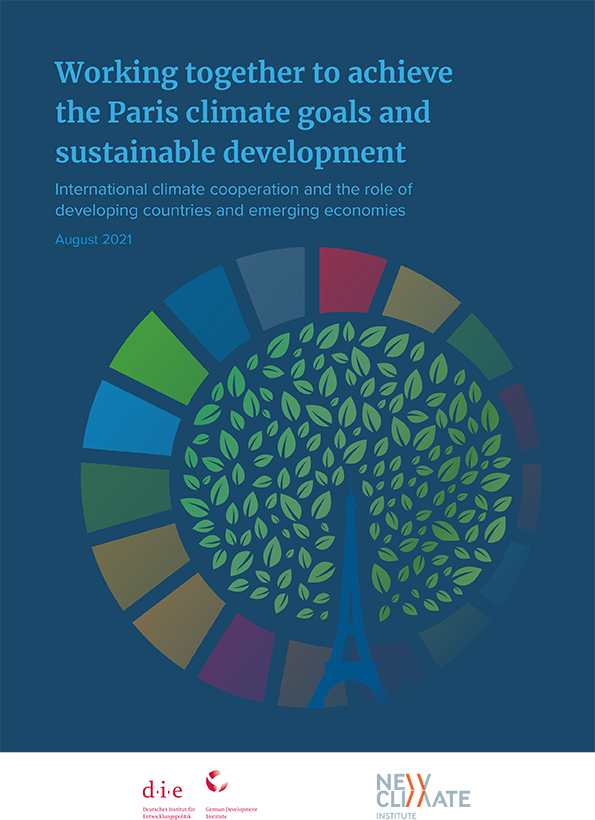
Side event: Working together to achieve the Paris climate goals and sustainable development (NewClimate-Event) In a new study, the German Development Institute (DIE) and NewClimate Institute show what the transformational change required for Paris and the SDGs can look like concretely, and what role international cooperation and international development finance can play in it, diving deeper into the interlinkages in five key fields of action: energy, cities, agriculture, ecosystems and water. During this event, the organisers present the content of the study and engage representatives from North and South in a science-policy roundtable on international cooperation. Organiser: German Development Institute (DIE), NewClimate Institute Speakers: Dr. Jürgen Zattler (BMZ), Steffen Bauer (DIE), Marie-Jeanne Kurdziel (NewClimate), Martin Kipping (BMZ), Navroz Dubash (CPR India), Pacifica Achieng (CCD Kenya)
Tuesday 9 November 15:30 - 17:00 (GMT) 16h30-18h00 (CET) German Pavilion
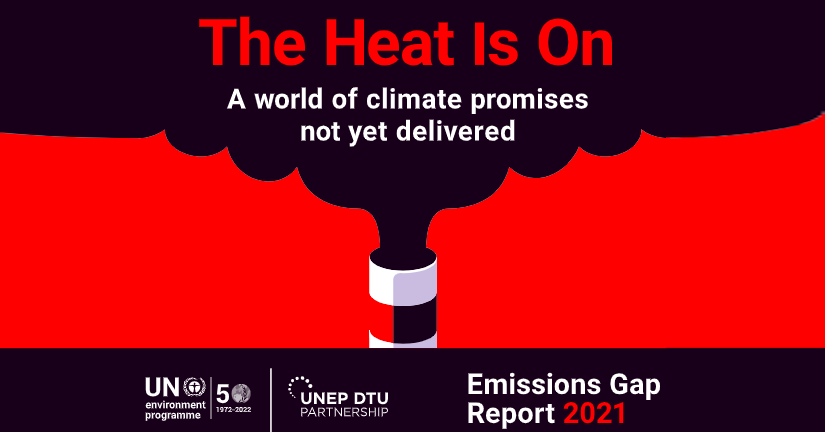
Side event: The Emissions Gap Report 2021 – The emissions gap and options for bridging it This side event features key findings of the Emissions Gap Report 2021 and a Q&A. Organiser: UBA, UNEP DTU Partnership Speakers: Anne Olhoff (UNEP DTU Partnership), Dirk Messner (German Environment Agency), Michel den Elzen (PBL), Takeshi Kuramochi (NewClimate), Sha Yu (PNNL USA), Brian O'Callaghan (University of Oxford, Harvard University), Niklas Höhne (NewClimate)
Wednesday 10 November 11h30 - 13h00 (GMT) 12h30-14h00 (CET) German Pavilion
Side event: Raising the bar for climate action: New insights on how co-benefits can fuel NDC ambition Development-driven NDC implementation is key for achieving domestic climate targets. New tools to assess the co-benefits of mitigation action can support ambitious sector pathways. This event showcases experiences from countries and launches the NDC Update Report and Co-benefits Factsheet Series. Organiser: NewClimate, IASS Speakers: various, incl. Frauke Röser and Harry Fearnehough (NewClimate)
Wednesday 10 November 16h45 - 18h00 (GMT) 17h45-19h00 (CET) UNFCCC Pavilion
Loch Lomond
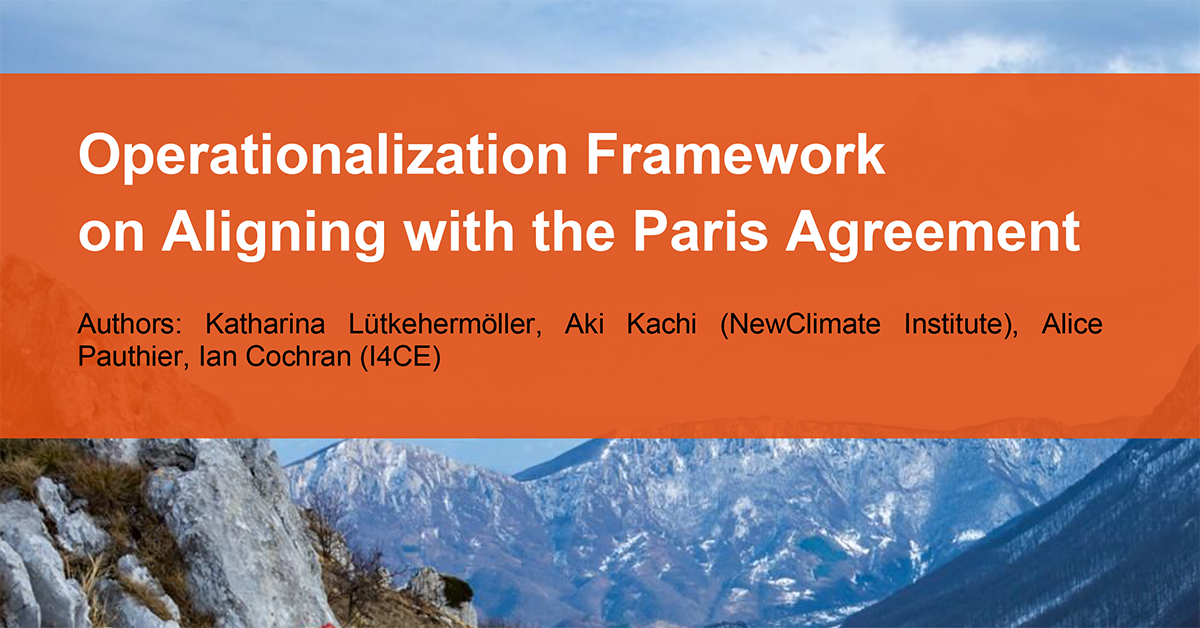
Side event: Operationalisation of Paris Agreement (NewClimate-Event) At the first edition of the Finance in Common Summit in 2020, PDBs took the commitment to align with the Paris Agreement, enlarging the initial commitment taken by IDFC, MDBs and EDFIs. On the road to a full operationalization of this concept, this side event will provide the opportunity to report on progress made so far, good practices, and remaining challenges. Organiser: IDFC, Germanwatch, NewClimate, I4CE, WRI Speakers: various, incl. Aki Kachi (NewClimate)
Thursday 11 November 13h30 - 15h00 (GMT) 14h30-16h00 (CET) IDFC Pavilion

Paris Alignment technical workshop: Assessing the alignment of financial intermediaries This workshop aims to offer an opportunity to foster technical exchanges on the different approaches to assess the alignment of counterparties. Organiser: Mainstreaming Action in Financial Institutions Initiative Speakers: various, incl. Aki Kachi (NewClimate)
Thursday 11 November
Related Publications
Publications related to the COP26:
Find all NewClimate's publications here
Carbon markets:
Analysis of options for determining OMGE, SOP and Transition within Article 6
The potential impact of transitioning CDM units and activities to the Paris Agreement
Climate and development:
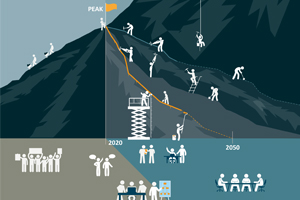
NDC Update Report December 2019 – Long-term, society-wide visions for immediate action
The NDC Update Report tracks the progress on the implementation of Nationally Determined Contributions (NDCs) to the Paris Agreement. The theme of this report is the role of long-term low greenhouse gas emission development strategies (LTSs) in achieving the Paris Agreement goal. This report argues for the importance of developing long-term (sector) strategies to determine the highest possible ambition for the coming NDC update (until 2030) and to signal a clear path for future NDC ambition raising (towards net-zero in 2050). Governments can use the NDC update to signal that indeed the highest possible ambition needs to lead to decarbonisation by 2050 or shortly thereafter.
To the report
-->
Recent outputs:
- Replacing Suralaya coal with solar PV: Initiating a fair and inclusive energy transition in Indonesia
- Kenya Power’s Decarbonising the Energy Mix Initiative
- The Kenyan cooking sector – Opportunities for climate action and sustainable development
- The energy transition after COVID-19
Tools and Models developed under Ambition to Action:
- Economic Impact Model (EIM): The model can be used to quantify employment and economic impacts of enhanced renewable energy scenarios and is being applied in various country contexts.
- Air Pollution Impact Model (AIRPOLIM): The model facilitates the quantification of health impacts of fossil fuel based power plants (coal and gas). We will shortly release an update to extend analysis to the health impacts from transport activities.
Working together to achieve the Paris climate goals and sustainable development
Green Hydrogen Applications in Mongolia
CASE (Clean, Affordable and Secure Energy) Southeast Asia
To the tool's framework report
Tracking countries' climate actions:
The Climate Change Performance Index 2022
Highlights:
- Latest Global Update: Glasgow has a credibility gap between talk and action. The CAT has calculated that if all governments met their 2030 targets, we would have 2.4˚C of warming in 2100. But right now, current policies put us at 2.7˚C. To the CAT briefing
- How a renewable energy COVID-19 recovery creates opportunities for India:This study explores India's potential to accelerate its transition to a zero emissions economy. To the CAT report
- State of Climate Action 2021:This report identifies 40 indicators across key sectors that must transform to address the climate crisis, and assesses how current trends will impact how much work remains to be done by 2030 and 2050 to deliver a zero-carbon world in time. It also outlines the required shifts in supportive policies, innovations, strong institutions, leadership and social norms to unlock change. To the State of Climate Action 2021 report
- Exploring new electric vehicle roadmaps for China in a post-COVID-19 era: This report explores several sets of scenarios for the evolution of the passenger vehicle stock in China, in order to inform on emission reduction and electricity demand implications. To the CAT report
- New rating methodology: These briefings introduce the CAT's new rating methodology, which now rates more elements than before – mitigation targets in Nationally Determined Contributions (NDCs), policies and action, and climate finance. We’ve also added a methodology for assessing net zero targets. To the new rating briefings
The Emissions Gap Report 2021: The heat is on
Global climate action from cities, regions and businesses – 2021
Climate finance:
Aligning Financial Intermediary Investments with the Paris Agreement
Operationalization Framework on Aligning with the Paris Agreement
About this COP
Key topics from NewClimate's perspective:
NewClimate Institute participated in the UNFCCC climate negotiations and contributed to the conference with reports and other publications. Essential topics expected during this COP included:
- How big is the climate action gap? Sadly, new and updated NDCs, together with announced mitigation pledges for 2030, only slightly narrow the gap in climate action to meet the Paris Agreement goals. A team of international scientists, including NewClimate experts, has compiled this in the twelfth edition of the “UNEP Emissions Gap Report”.
- Will new national proposals on climate protection close the yawning gap? Which countries have improved their policies since Paris? Are the countries on track to meet their targets? Are new proposals better than previous ones? Regular updates on 40 countries are available on the Climate Action Tracker – press conference in Glasgow on Tuesday, 9 November, 14 p.m. (Glasgow time)
- What rules may emerge for a new international carbon market? A final chapter of the Paris Agreement rulebook still lacks agreement: the international carbon markets. The devil is in the details which is why robust rule-setting is key to ensure the system reduces emissions efficiently instead of facilitating empty claims.
- Will international climate finance be strengthened? On the one hand it is essential that, developed countries provide finance to support developing countries. On the other hand, they should also re-evaluate current investment policies of development finance institutions and, for example, halt support on gas infrastructure.
- How to combine climate protection and development? Sustainable development policy and climate policy should be thought of together to tackle the global climate crisis. Especially when dealing with the economic consequences of the COVID-19 pandemic, countries can resort to measures that help the economy and the climate. In Mongolia, a hydrogen strategy could help to heat with renewable energies even in the cold winters. In Kenya, the electricity supply could be converted to 100% renewable energies.
For questions or further discussion contact us as follows:
- Niklas Höhne on international climate negotiations: +49 221 999 83 301, @email, on site from 4 until 11 November
- Carsten Warnecke on international carbon markets: +49 221 999 83 302, @email, in Cologne
- Aki Kachi on international climate fiance: @email, on site from 1 until 11 November
- Frauke Röser on climate and development: +49 30 208 492 741, @email, on site from 8 until 11 November

